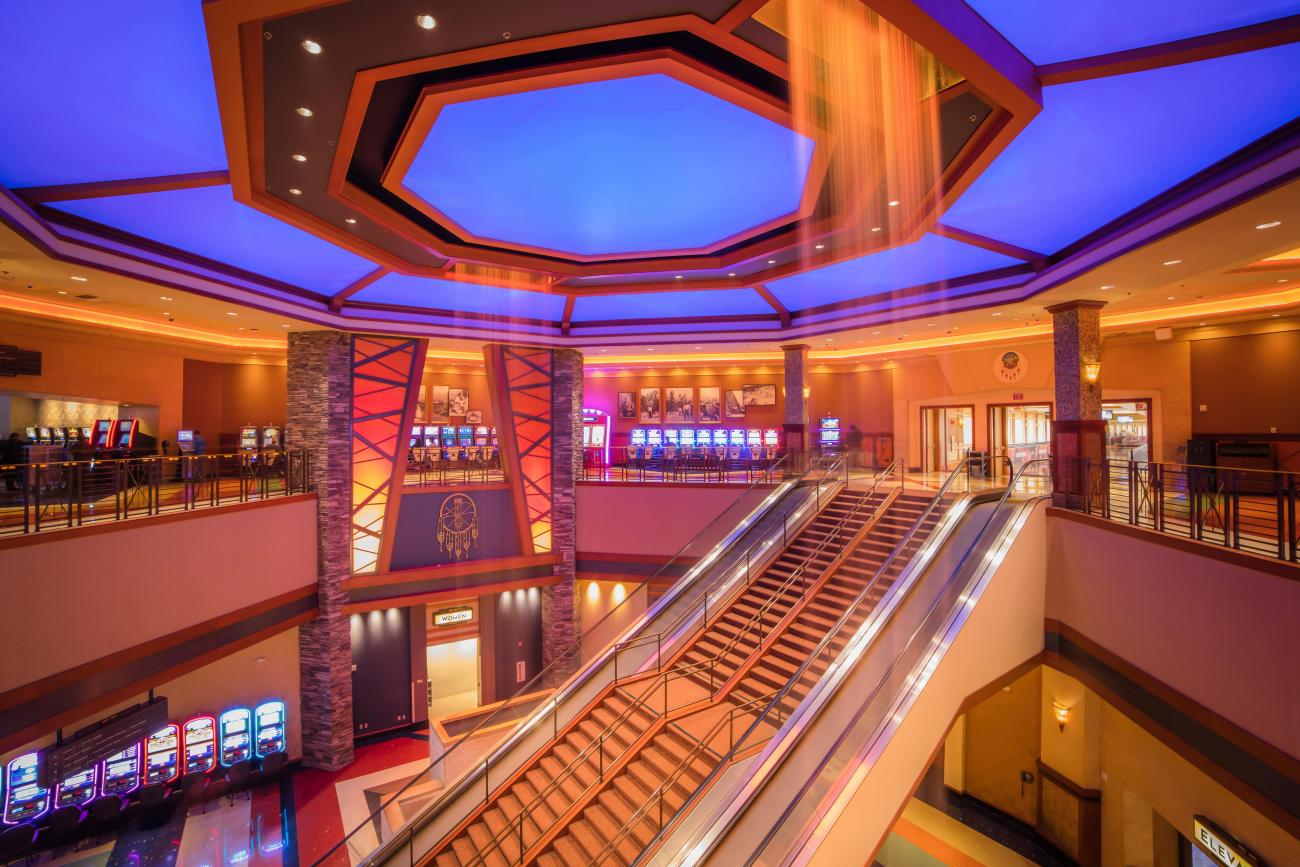
Betting has been an essential part of human recreation for millions of years, evolving through cultures and periods to become the vibrant casino activities we know today. From the historical Chinese and Romans, who participated in various forms of betting and luck, to the advanced gaming floors of contemporary casinos, the appeal of gamble and winning has enchanted individuals across the globe. The transition from basic dice games and primitive betting setups to the lavish environments of modern casinos reflects major strides in both cultural standards and technological advancements.
As societies evolved, so too did the complexity of gambling activities, with gambling activities emerging as a distinct category of leisure and thrills. These activities have transformed from casual gatherings centered around wooden tables to sprawling, lavish establishments designed to lure players. Today, we delve into this fascinating journey, studying how traditional practices laid the groundwork for the varied and thrilling casino activities that bring joy to countless people worldwide.
spintax
Early Wagering Traditions
Gambling has deep roots in human past, with proof of games of chance originating from ancient societies. Archaeologists have uncovered that as far back as 3000 BC, the people of China were using rudimentary forms of betting with dice made from ivory. Similarly, ancient cultures of Mesopotamia engaged in gambling activities, often relying on the tossing of lots or dice to determine results. These early forms of gambling served not only as amusement but also played crucial roles in social and cultural practices.
The Egyptians also were involved in betting activities, with games that included betting on the outcomes of various occurrences, including athletic events and spiritual festivals. Items such as dice and depictions of players from ancient tombs show that betting was a popular pastime. It provided both entertainment and a means of engaging in social interaction, often linked to celebratory occasions or major gatherings. This activity demonstrated the universal appeal of chance and rivalry throughout history.
In ancient Rome, wagering became a widespread practice among the populace, as reflected by references in literature and the establishment of rules around certain games. Romans enjoyed a variety of gambling activities, from betting on chariot races to playing games similar to modern-day board games. The legal structure surrounding these activities began to take shape, establishing the foundations for betting regulations that would grow in the centuries to come. The prevalence of betting during this period set the stage for the development of casino games in the future.
The Development of Casino Games
Gambling games have gone through notable transformations from their beginnings to the modern-day entertainment options. In early civilizations, gaming was commonly associated to ceremonial practices, with games of dice found in the ancient Mesopotamian region and betting on the outcomes of events in ancient Rome. These early forms of gambling laid the groundwork for the structured games we see today. Nhà Cái Uy Tín The transition from informal gambling to systematic games happened as societies began establishing rules and venues for wagering, showing cultural values and practices.
The medieval period saw the rise of card games, which gained popularity among the nobility of Europe nobility. Games like first and the game baccarat became essential components in social gatherings. The invention of printing technology further enabled the spread of playing cards, making them more accessible to the masses. As gambling houses began to increase, these card games transformed into different forms that catered to wider audiences, eventually leading to the founding of casinos as specialized venues for gaming.
The 20th century marked a crucial point in the development of casino games, with the rise of commercial casinos in Las Vegas and other gaming hubs. This era brought forth games like video slots and modern variations of table games, complete with high-quality graphics and complex betting structures. The arrival of online casinos in the 1990s additionally changed the gaming industry, allowing players to access a great variety of casino games from the safety of their homes. Today, gambling games go on to develop, blending classic elements with cutting-edge technology to create engaging experiences for players around the globe.
Modern Gaming Regulations
In these years, the landscape of gaming laws has changed significantly, especially as tech advances and internet-based gambling have become more prevalent. Regulatory bodies around the globe have implemented multiple regulations and standards to make certain that gambling activities are conducted equally, with responsibility, and transparently. These laws often include elements such as licensing, advertising, player protection, and sensible gaming measures. Authorities aim to reduce problems such as problem gambling and fraudulent activities while fostering a just gambling environment.
The rise of online casinos has created a need for a new approach to oversight. Many jurisdictions have created dedicated internet-based gaming structures that serve internet-based gaming, enabling operators to offer their offerings legally. These frameworks often require operators to obtain permits, follow strict security protocols, and offer assistance options to help players. By closely observing online activities, regulators can more effectively protect consumers from potential harm and make sure that gaming is conducted in a secure manner.
Additionally, contemporary gaming laws are increasingly centering around responsible gambling initiatives. Many casinos and online platforms now implement features such as self-exclusion, deposit limits, and breaks to help players manage their gaming habits. Educational campaigns aimed at raising awareness about the risks of gambling are also common. As the sector continues to grow, the focus on responsible gambling remains a cornerstone of regulatory efforts, showing a dedication to promoting a safe and enjoyable gaming experience for all players.
